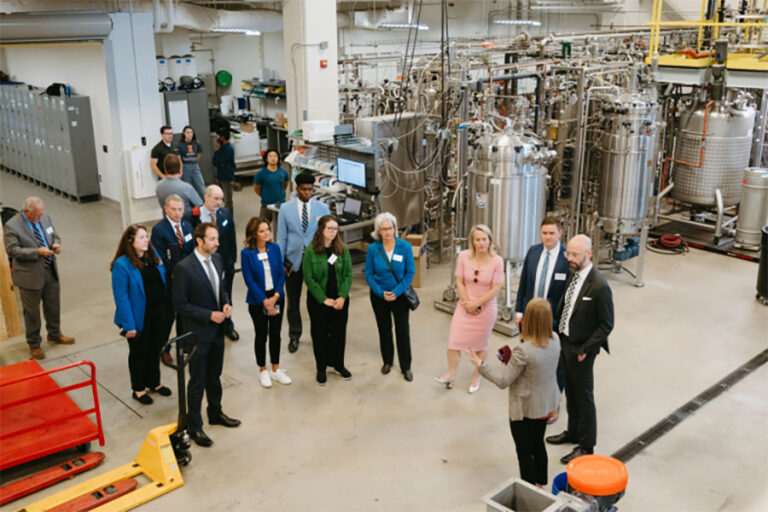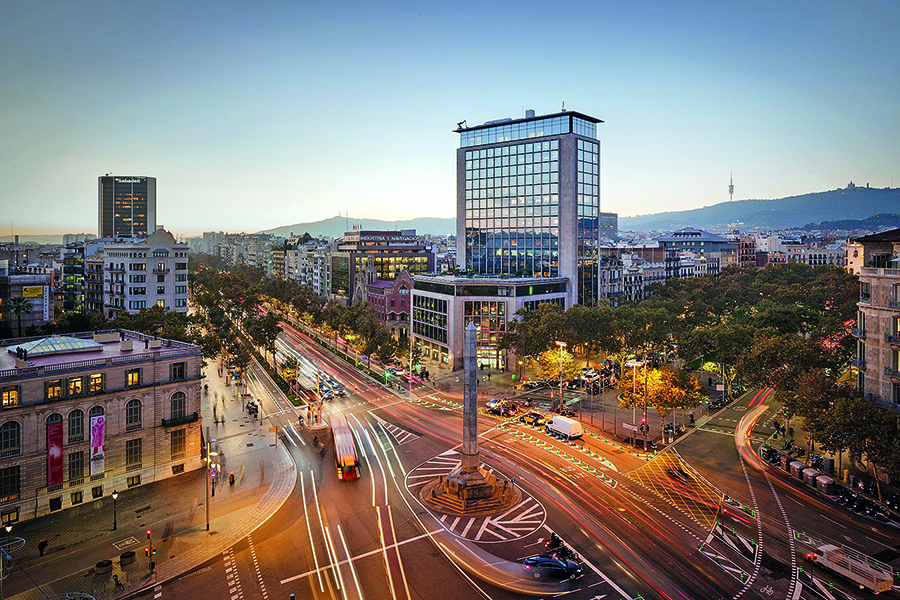
For today’s urban visionaries who are reimagining the role of the car in the 21st century, there is no more inspiring playground than the historic and vibrant city of Barcelona.
Few cities can rival Barcelona for the diversity of its built environment, which ranges from the labyrinthine medieval walkways of the Gothic Quarter to the 19th century grid system of l’Eixample and the more recent redevelopments for the 1992 Olympic Games. With the global urban population set to surge to 68% of the total by 2050 from 55% currently, this forward-looking and creative metropolis has become the perfect real-world testing environment for the transport innovations that the world’s cities so desperately need.
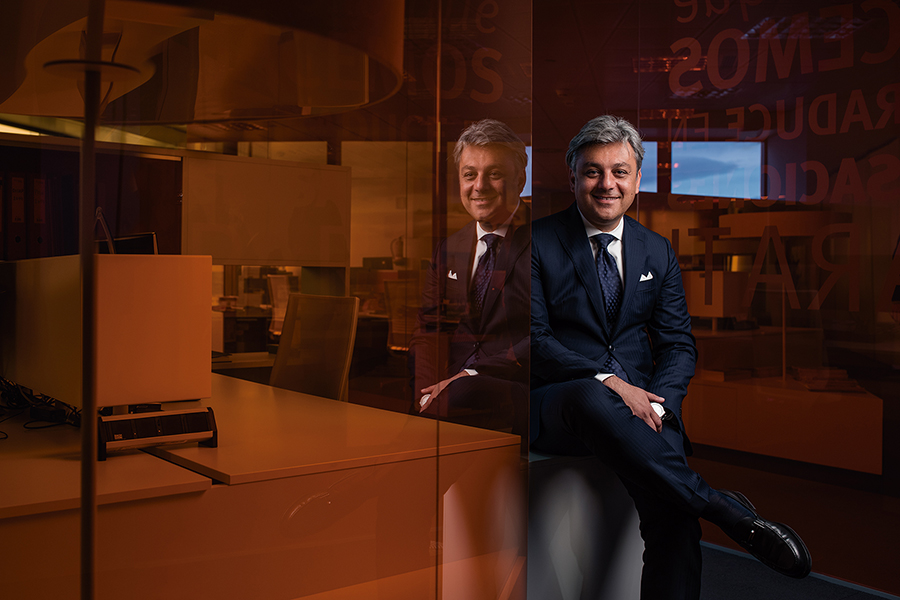
“Barcelona is the ideal place to be when it comes to trialing new ways to reinvent the transport and logistics system of today,” says Luca de Meo, the president of Barcelona-based car manufacturer SEAT. “It is our good fortune that our hometown is a dynamic hub for urban innovation and is widely considered to be one of the smartest cities in the world.”
“We want to create the future of urban mobility.”
Luca de Meo, President, SEAT
At the Mobile World Congress in Barcelona in February, SEAT released a concept car that represents a radical new answer to the challenges of urban reinvention. Dubbed the Minimó, the all-electric two-person quadricycle combines the safety and comfort of a car with the agility and easy parking of a motorbike, with a total footprint of just 3.1 square meters compared with 7.2 square meters for an average city car.
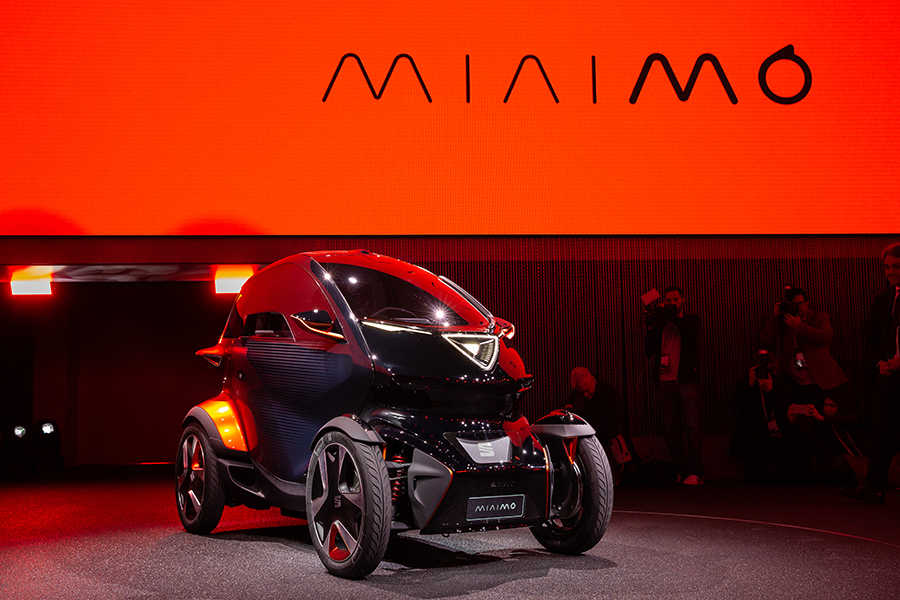
In addition to the physical design of the SEAT Minimó, it is the strategic thinking behind the car that has created the biggest buzz in the automotive world. The Minimó is the first-ever vehicle to be purposely designed for shared mobility services, incorporating an innovative battery-swap system that can reduce the operational costs of an electric carsharing system by up to 50%. Tailor made for a world in which authorities limit the access of personal cars to city centers, the Minimó points the way to a future in which zero-emission carsharing services will provide a cleaner and smarter form of transporting people for short distances around an urban area.
“This is the solution that carsharing companies have been waiting for,” de Meo says. “It is potentially a revolution for sharing platforms.
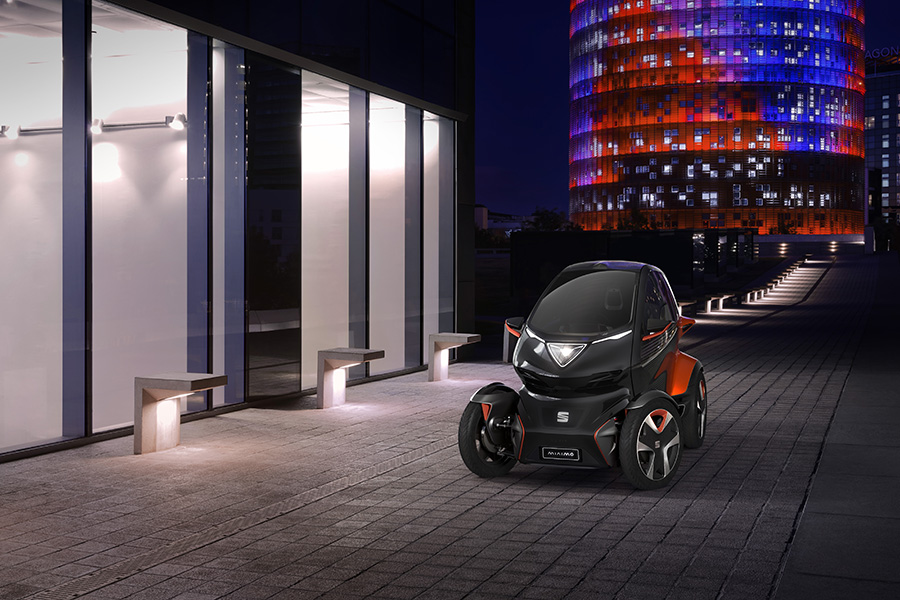
“Urban mobility is changing and our role as a manufacturer and provider of mobility is changing with it. We are now more than a carmaker. With the Minimó, we are future-proofing SEAT and leading the mobility revolution.”![]()
As published in TIME magazine









